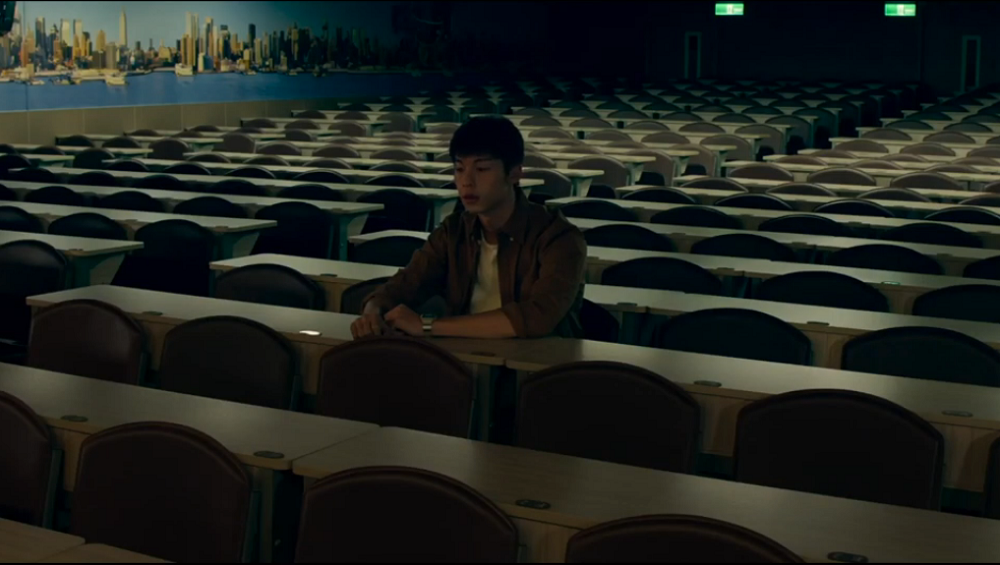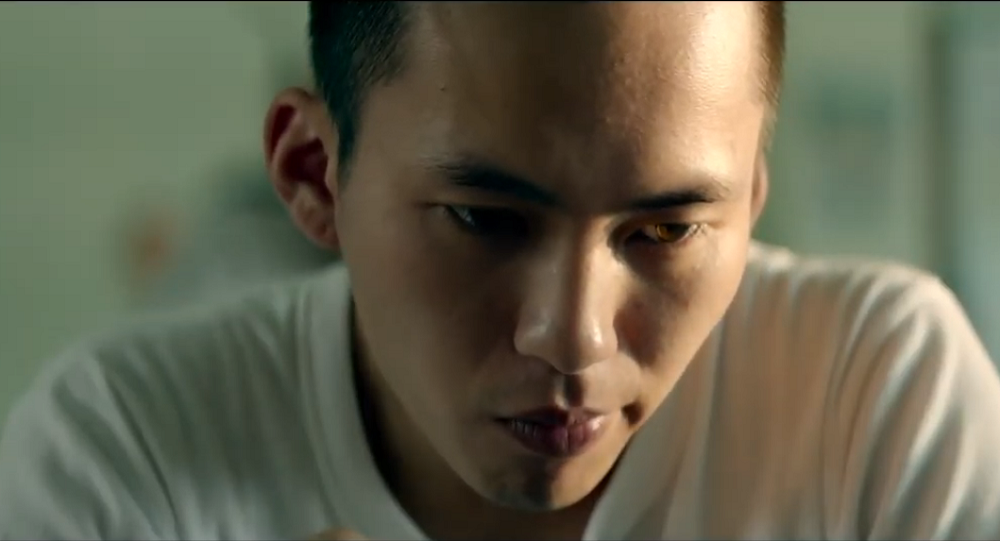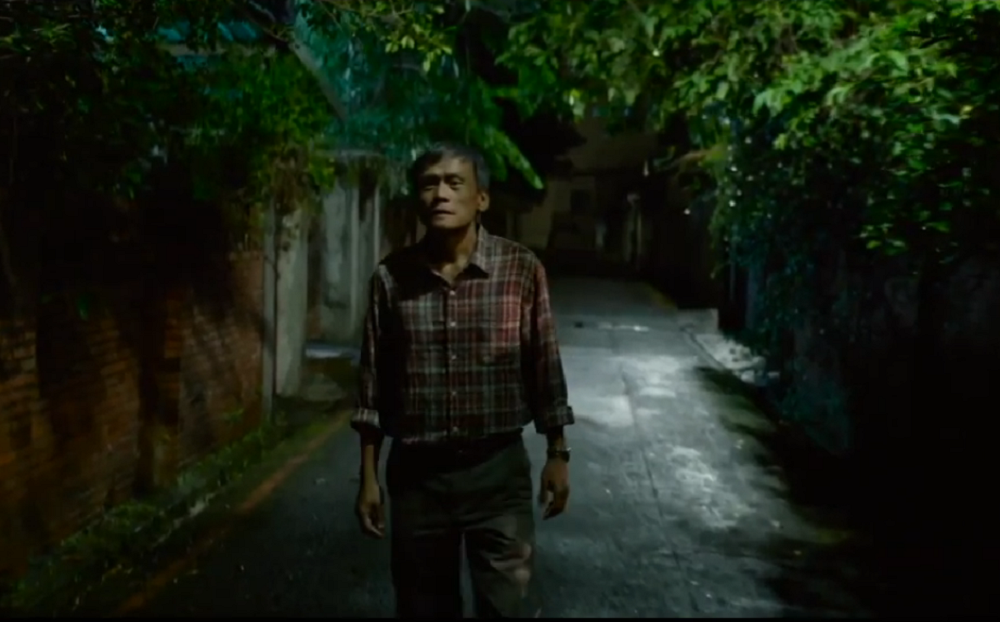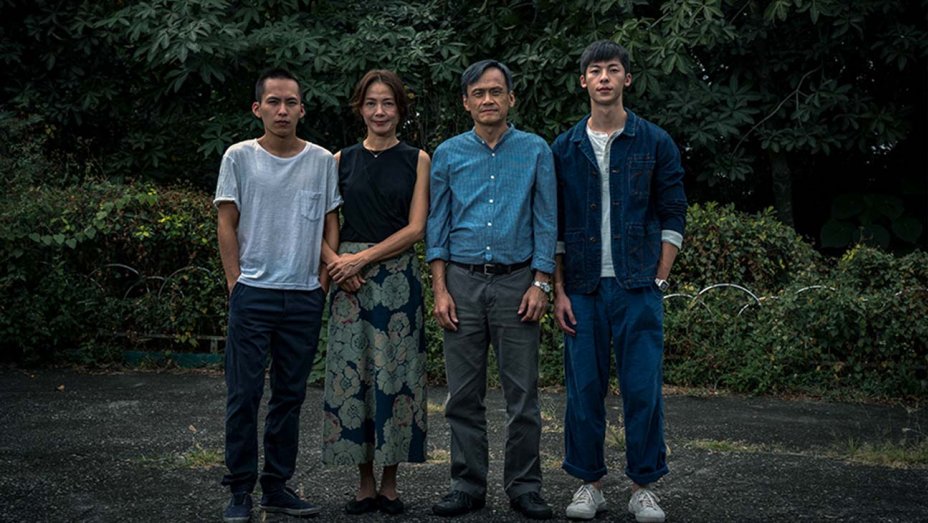Netflix’s new Taiwanese drama film, ‘A Sun,’ meticulously explores the depths of all of its characters and unravels their relationships as they delve into the choppy waters of events that send them scrambling. Instead of presenting a typical black-and-white storyline where lines between good and bad are quite profound, the film perfectly captures the real emotional entanglements that all of its characters get captured in. So, further down in this article, we’ll explore all the consequential decisions of the film’s characters that eventually lead to its powerful ending.
Plot Summary
The younger son, A-ho, of a Taiwanese middle-class family, ends up in a juvenile detention center after he gets involved in a very serious crime. In the meantime, while his father stops acknowledging his existence, the elder son, A-hao, struggles with existence and drifts into depression. Their world comes crashing down when A-hao ends up committing suicide. For a while, it almost seems like all the happiness has been sucked right out of their lives. But at the end of the day, they still manage to find their way back to one another and help each other get through tragic events of their past.
The Ending: “The Promise of a New Dawn”
The ending of ‘A Sun’ is a culmination of all the decisions that its pivotal characters end up making. It portrays how a family learns to deal with grief and eventually accepts the inevitable, coming into peace with all of their previous misfortunes. The ending is more or less a representation of the final period of withdrawal that the family goes through before it learns to let go. It is not a period of happiness, but it gives them hope and emotional relief, and most of all, it heals them.
A-hao

A-hao is one character who abruptly drops out of the film after the first half, but it’s his devastating decisions that later leave an impact on the rest of his family. A-hao comes off as the ideal son who gets good grades, treats everyone with respect, and works hard to be a doctor someday.
Everyone assumes that since he’s doing so well in life, he must be content with it. However, his optimistic demeanor just blinds everyone. While the rest of his family gets too engrossed in the mistakes of the other criminal son, A-hao slowly dies inside and ends up committing suicide. He takes his silence with him and leaves behind a huge mess where his family painfully grieves his death, clueless about what led to it.
A-ho

In contrast to A-hao, A-ho proves to be the problem child of the family, who always lands himself in trouble. With one of his delinquent pals named Radish, he gets himself involved in a serious crime and is sent to a juvenile detention center. Amidst all of this, his father, A-wen turns a blind eye towards him and even starts believing that he only has one son.
A-ho’s transformation begins soon after his brother’s death. Before it, A-ho was short-tempered, irresponsible and even envious of his brother’s achievements. But as soon as he gets out of the detention camp, he picks up several jobs to support his family.
Unfortunately for him, the events of his dark past turn out to be far too consequential. His pal, Radish, returns after completing his own sentence and makes him believe that he can still control him. A-ho again becomes his victim and starts doing all the dirty work for him. Eventually, it’s all the grief from his brother’s death that still keeps him on the right side of the road and a ray of hope shines on him when Radish gets killed.
A-wen and his Wife

A-wen’s story turns out to be far more complex than the rest of the characters. While the rest of his family openly deals with the grief of A-hao’s death, he completely shuts himself off and preaches about “seizing your day and deciding your path.” Even when his son, A-ho, is released from prison, he ignores him and tries to convince him that he only had one son. His grief for his dead son goes through several stages. He first shows anger towards his family and even blames himself. Then he isolates himself. And then eventually, he finally accepts his son’s death and learns to appreciate what he has left.
Much later in the film, when A-wen, like always, preaches about his “Carpe Diem” credo, his wife confronts him and tells him that they laugh at him when he does that. She tells him that if he had implemented that in his own life, he would be more successful than he is today. This is when he reveals it to her that, despite his stoic demeanor, he was always looking out for A-ho. When he realized that Radish was sucking their son back into his old grim life, he even killed the young boy just to save his son. A-wen eventually proves that he “decides his own path,” and as cold as he may seem towards A-ho, he still loves him.
In the closing scene of the film, A-ho and his mother go for a ride on a stolen bicycle and as his mother gazes up in the sky, the sun shines on her through the canopy of the trees that surround them. The ending is a visual metaphor that shows how, even in their extensive moments of pain and tragedy, they realize that a common thread of hope always emerges: “As long as there is life, there is hope. And as long as there is hope, there is life.” A-hao, who was their “sun,” left them a bit too soon, but every sunset comes with the promise of a new dawn.
Read More: ‘A Sun’ Review


You must be logged in to post a comment.